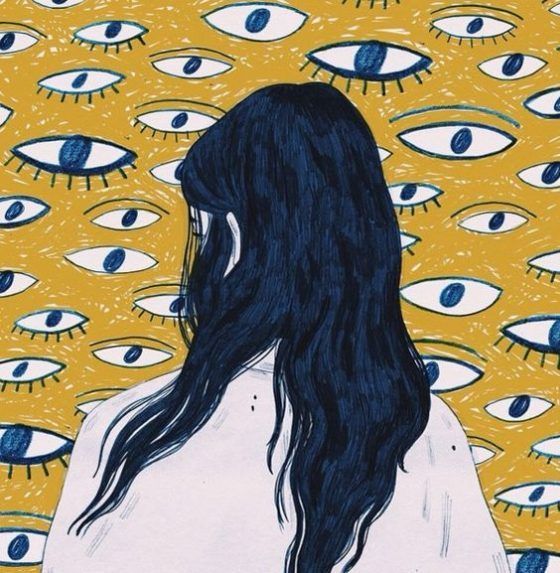Adults With A Mentally Abused Childhood
Jul 16, 2019 • 15 views
Mentally abused childhood is a mental stigma that raises emotionally disturbed adults.

Childhood is a very fragile state and the trauma seeded at this stage does not really detach itself even after growing up. So, what are the different forms of mental abuse that a child experiences?
An unhealthy marital relationship between father and mother where the child catches frequent fights and arguments instead of love and care.
An abusive or angry father who fails to understand the child’s needs and constantly blames him/her for his own failures.
Peer pressure experienced at school which leads to developing inferiority complex and lower self-confidence.
Bullying by colleagues and strangers which haunts the memories of a child and does not let him breathe happily.
These different scenarios of mental abuse during childhood leave its footprints in the process of becoming an adult. Such adults socialize by acting very normal while hiding their true feelings under their skin. Being friends to these people is a big challenge and needs more understanding as they are a different personality when left with lesser people. So, how do you know whether a person has had a disturbed childhood?
Most of the emotionally disturbed adults feel conscious of what they say. Due to this, they show a tendency to apologize frequently because of the fear of being judged.
If you are friends with such adults who are fighting their grieved childhood, then you should know that they expect a lot of reassurance from you. Reassurance in the form that you love them and will always be their friends.
Since they are emotionally weak, so you will find them easily breaking down over small agreements. They contemplate every discussion with a lot of sensitivity. While breaking down they may even try to hurt themselves.
Most of them do not feel very good while sharing their real feelings because they want to impress everyone. They try to nod with everyone’s opinions instead of telling what they really think. This happens because they don’t want to lose social acceptance by upsetting anyone.
Disturbing childhood includes insults and cuss conversations, so such children tend to display a low self-esteem even after growing up.
After you realize these symptoms with any of your friends, try to understand their perspective more sensitively. Do not treat them differently but treat them with extra love and extra care.
Mental exhaustion is not a disease to be cured. It is an understanding of fragile human emotions that can help to build a happier environment.
